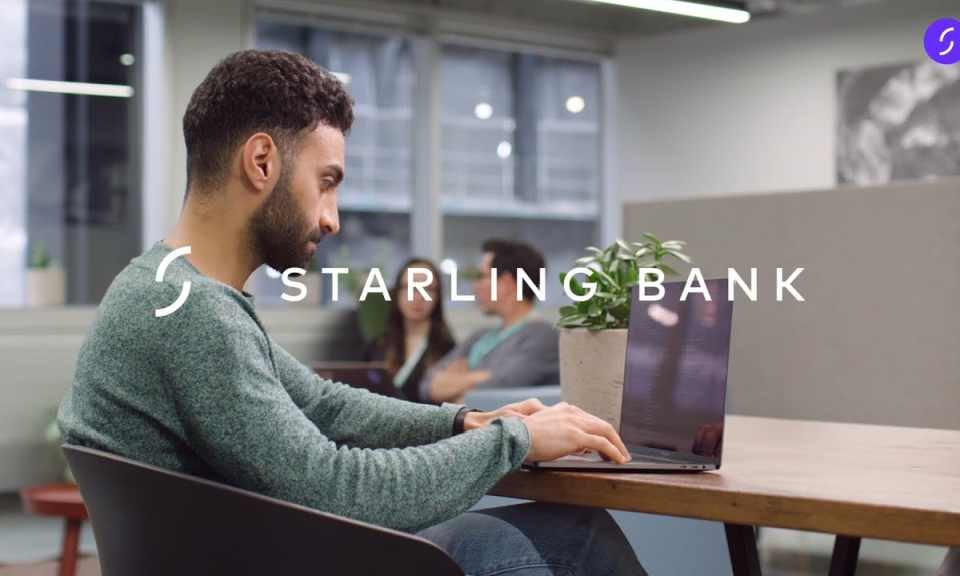Goldman-backed digital banking startup Starling Bank fined $38.5 million for failing to prevent financial crimes

It’s been three years since we last featured Starling Bank, a Goldman Sachs-backed mobile banking platform based in the U.K. that provides personal, joint, and business accounts. During that time, Starling has grown significantly, reaching 4.2 million customers, up from two million accounts, including 350,000 business accounts in 2021. However, this growth has come with its challenges—particularly in failing to prevent financial crimes among its customers.
Today, the U.K.’s Financial Conduct Authority (FCA) fined Starling Bank £29 million ($38.5 million) for shortcomings in its financial crime prevention systems.
The FCA stated the fine was due to Starling’s failure to meet financial sanctions screening requirements and noted the bank had repeatedly broken the rule of not opening accounts for high-risk customers.
“Starling grew quickly, from approximately 43,000 customers in 2017 to 3.6 million in 2023. However, measures to tackle financial crime did not keep pace with its growth,” FCA said on its website.
“When the FCA reviewed financial crime controls at challenger banks in 2021, it identified serious concerns with the anti-money laundering and sanctions framework in place at Starling. The bank agreed to a requirement restricting it from opening new accounts for high-risk customers until this improved. Starling failed to comply and opened over 54,000 accounts for 49,000 high-risk customers between September 2021 and November 2023.”
Starling, one of the U.K.’s leading online-only challenger banks, has been seen as a potential IPO candidate in the near future. However, this regulatory issue puts a spotlight on the bank as it prepares for its next steps.
In response to the fine, Starling issued a statement acknowledging its failures. The bank emphasized that it has since conducted a detailed review of customer accounts and made significant investments to improve its systems.
“I would like to apologize for the failings identified by the FCA,” said Starling’s chairman, David Sproul. “We’ve strengthened our board governance and capabilities to address these issues. We’re committed to ensuring our customers and employees understand these were historical problems. We’ve learned from this and are confident the steps we’ve taken have positioned us well for future growth with stronger risk management in place.”
As Starling expanded from 43,000 customers in 2017 to 3.6 million in 2023, the FCA noted that its measures to prevent financial crimes did not keep pace with its rapid growth.
The FCA began scrutinizing financial crime controls at digital challenger banks in 2021, concerned that their anti-money laundering (AML) and know-your-customer (KYC) compliance systems were not robust enough to tackle fraud, money laundering, and sanctions evasion, CNBC reported.
Once the investigation was underway, Starling agreed to stop opening new accounts for high-risk customers until it improved its internal controls. However, the FCA revealed that Starling opened over 54,000 accounts for high-risk customers between September 2021 and November 2023, in violation of this agreement.
In early 2023, Starling discovered that its automated system had been screening clients against only a partial list of individuals and entities subject to financial sanctions since 2017. An internal review revealed systemic issues in its sanctions framework, and Starling subsequently reported multiple potential breaches to the relevant authorities.
The FCA acknowledged that Starling has since implemented programs to correct these breaches and strengthen its financial crime controls.
The investigation into Starling was completed in just 14 months, compared to the 42-month average for similar cases in 2023-24, according to the FCA.
Founded in 2014 by Anne Boden, former COO of Allied Irish Banks, Starling offers a wide range of banking services, including personal, business, joint, and children’s accounts, as well as euro and dollar accounts. The bank also provides B2B banking and payments services through its Banking-as-a-Service model, powered by its proprietary technology platform. Starling’s Marketplace allows customers to access third-party financial services directly through the app.




